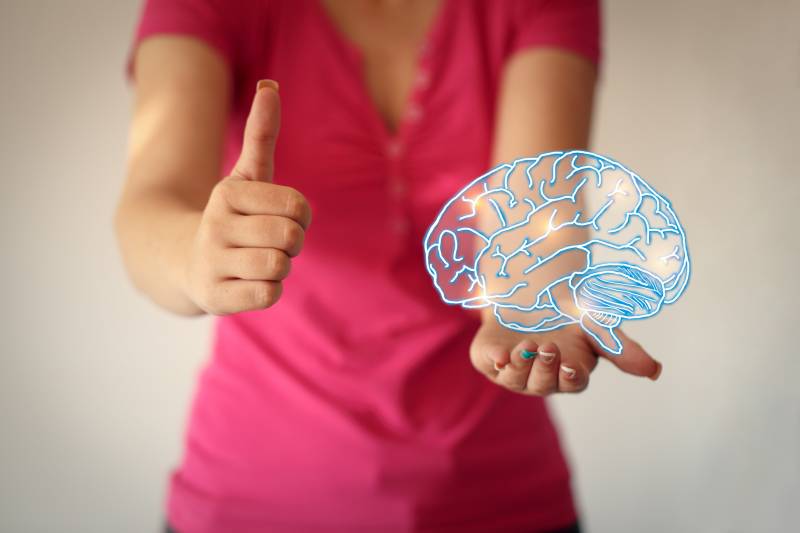In education circles, it’s popular to rail against testing, especially timed exams. Tests are stressful and not the best way to measure knowledge, wrote Adam Grant, an organizational psychologist at the University of Pennsylvania’s Wharton School in a Sept. 20, 2023 New York Times essay. “You wouldn’t want a surgeon who rushes through a craniectomy, or an accountant who dashes through your taxes.”
It’s tempting to agree. But there’s another side to the testing story, with a lot of evidence behind it.
Cognitive scientists argue that testing improves learning. They call it “practice retrieval” or “test-enhanced learning.” In layman’s language, that means that the brain learns new information and skills by being forced to recall them periodically. Remembering consolidates information and helps the brain form long-term memories. Of course, testing is not the only way to accomplish this, but it’s easy and efficient in a classroom.
Several meta-analyses, which summarize the evidence from many studies, have found higher achievement when students take quizzes instead of, say, reviewing notes or rereading a book chapter. “There’s decades and decades of research showing that taking practice tests will actually improve your learning,” said David Shanks, a professor of psychology and deputy dean of the Faculty of Brain Sciences at University College London.
Still, many students get overwhelmed during tests. Shanks and a team of four researchers wanted to find out whether quizzes exacerbate test anxiety. The team collected 24 studies that measured students’ test anxiety and found that, on average, practice tests and quizzes not only improved academic achievement, but also ended up reducing test anxiety. Their meta-analysis was published in Educational Psychology Review in August 2023.


